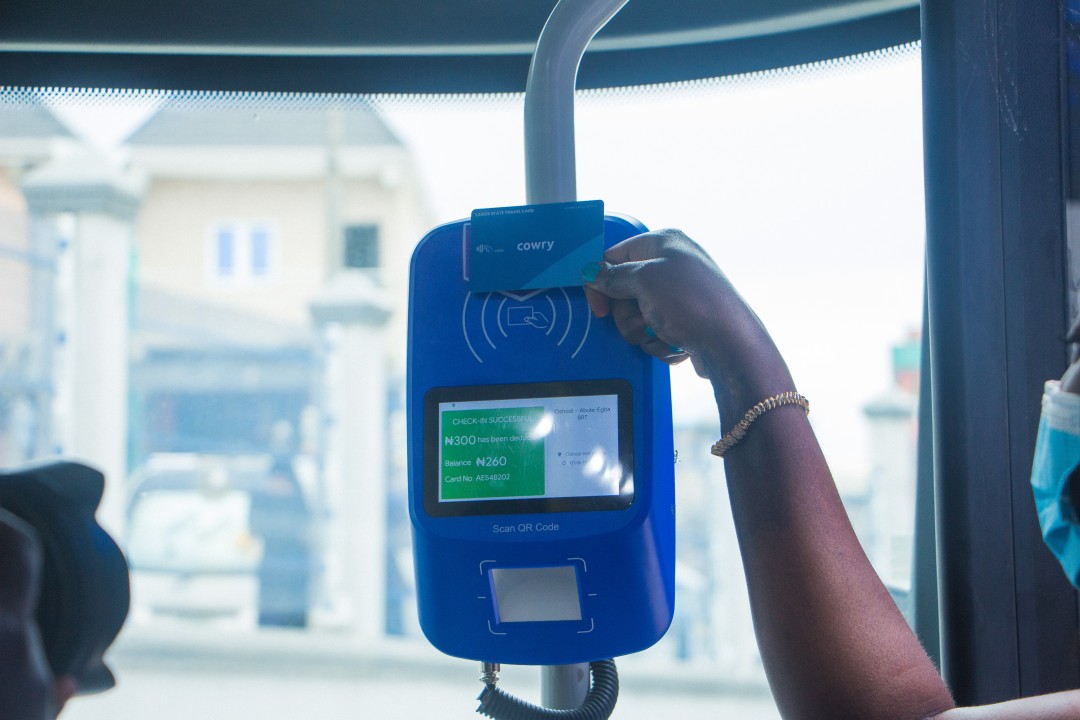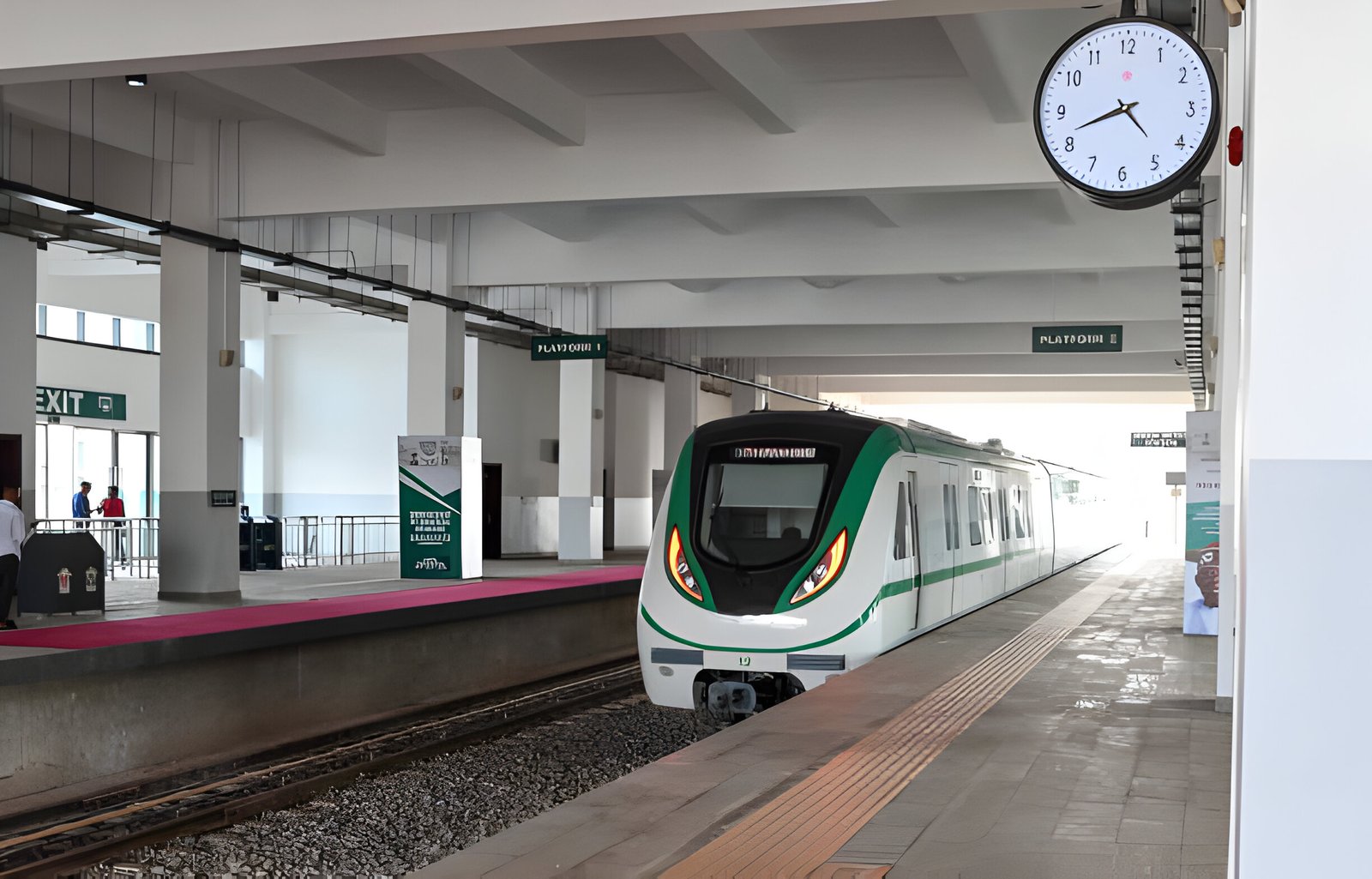 A new study, supported by the Transformative Transport Service Design Initiative (TRATSEDI), has shed light on the role mobile payment apps are playing in reshaping public transport in Lagos.
A new study, supported by the Transformative Transport Service Design Initiative (TRATSEDI), has shed light on the role mobile payment apps are playing in reshaping public transport in Lagos.
The research, titled: “Bridging the digital divide: Consumer engagement with transportation payment apps in emerging economies,” explored how commuters in Lagos are interacting with the Cowry mobile payment app, offering vital insights into the challenges and opportunities surrounding the adoption of cashless payment systems in emerging markets.
The study, led by Dr Emmanuel Mogaji from Keele University, revealed that while mobile payment technology has the potential to revolutionise public transport in Lagos, its success depends on how well it addresses the socio-cultural and economic realities of local commuters.
TRATSEDI, an organisation dedicated to advancing innovative and inclusive transport solutions, played a key role in driving the research forward and emphasising the importance of user-centred design in transport innovations.
The Cowry app, developed by Touch and Pay Technologies (TAP) and backed by the Lagos Metropolitan Area Transport Authority (LAMATA), is designed to enable seamless payments on the city’s BRT buses and ferries.
This study highlighted that while many tech-savvy commuters have embraced the app, others remain hesitant, preferring cash or physical cards due to concerns over usability, trust, and data security.
“Through our work with TRATSEDI, we have been able to dig deep into the real-world experiences of commuters,” said Mogaji.
“The findings revealed that while mobile payment apps like Cowry can offer tremendous convenience, there is still a strong preference for traditional payment methods in certain communities. These preferences are influenced by cultural factors and the reliability of the technology.”
TRATSEDI’s involvement ensured that the research focused on more than just the technological aspects, placing equal emphasis on the human experience. This approach was critical in uncovering the frustrations many users feel when faced with technical glitches or poor customer support, which the study found to be significant barriers to adoption.
“The initiative is all about creating transport systems that work for everyone, regardless of their familiarity with digital tools.
“That means ensuring that apps are not only efficient but also intuitive and reliable enough for widespread use across all socio-economic groups,” Mogaji explains.
Despite these challenges, the research found that commuters who regularly use the Cowry app appreciate its benefits, such as better financial planning and faster travel.
“There is no doubt that mobile payment systems can enhance urban mobility,” Mogaji stated, saying: “but it’s essential to keep improving the app based on user feedback to ensure a smoother experience.”
The findings offer important insights not only for transportation authorities but also for policymakers, tech developers, and business leaders looking to expand digital inclusion in public services. By focusing on user-friendly design and cultural acceptance, solutions like Cowry can help close the digital divide and drive broader technology adoption.






